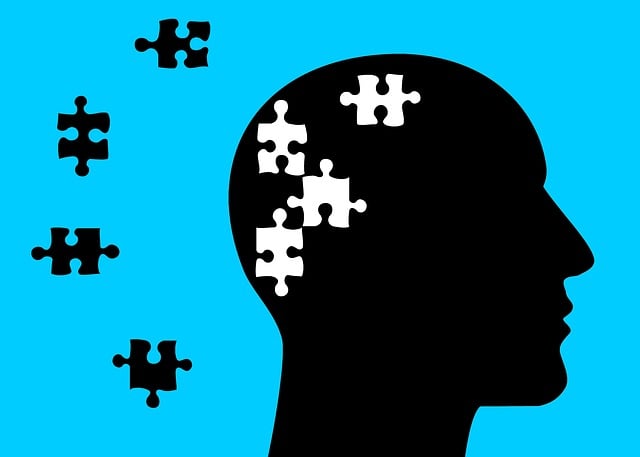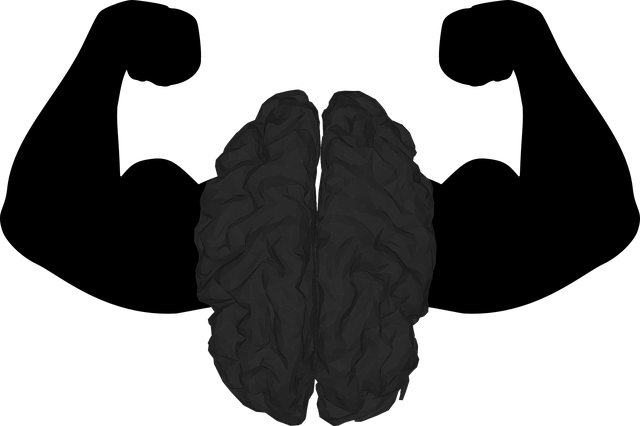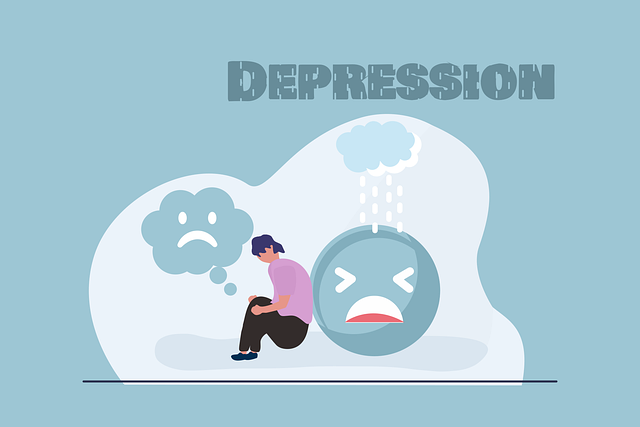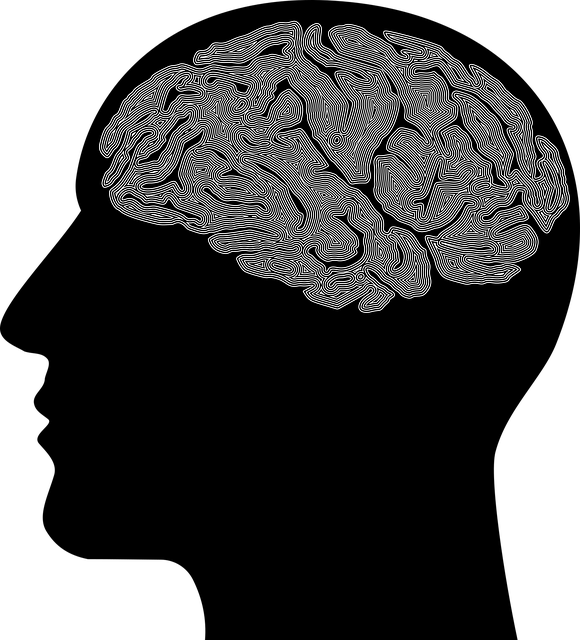Greenwood Village Child Abuse Therapy utilizes a Recovery, Fortitude, and Mastery (RFM) framework to build resilience in children, empowering them with coping skills to manage stress, adversity, and emotions. Through evidence-based practices like mindfulness, cognitive reframing, and exposure therapy, therapists help clients develop personalized self-care routines and foster self-efficacy. This holistic approach, including mood management techniques and mental wellness journaling, equips young individuals to navigate challenges, promote healing, and achieve long-term well-being while contributing to mental health policy advocacy.
At Greenwood Village Child Abuse Therapy, we recognize the profound impact of building resilience in children. This article delves into Resilient Factors Model (RFM) – a structured approach designed to enhance young individuals’ ability to cope with adversity. We explore how RFM exercises, when implemented in therapeutic settings, can foster resilience, promote long-term well-being, and facilitate recovery. By understanding RFM’s role, therapists can empower children to navigate life’s challenges effectively.
- Understanding RFM and Its Role in Resilience Building for Children
- Implementing Exercises to Enhance Resilience in a Therapeutic Setting
- The Impact of RFM on Children's Long-term Well-being and Recovery
Understanding RFM and Its Role in Resilience Building for Children

Resilience is a vital asset for children’s overall well-being and development, especially in navigating challenging circumstances. This is where RFM (Recovery, Fortitude, and Mastery) comes into play as a powerful framework. Greenwood Village Child Abuse Therapy has recognized the significance of RFM in fostering resilience among young individuals. By focusing on these three key components, children can develop effective coping skills to deal with stress, trauma, or adverse experiences.
The role of RFM is pivotal in building mental health awareness and enhancing children’s ability to cope. Recovery involves understanding and processing emotions, fortitude teaches them to persevere through hardships, and mastery equips them with problem-solving strategies. These exercises not only empower children but also contribute to the broader Mental Health Policy Analysis and Advocacy efforts by highlighting the importance of early intervention and resilience-building programs in preventing long-term mental health issues.
Implementing Exercises to Enhance Resilience in a Therapeutic Setting

Implementing exercises to enhance resilience is a key component in therapeutic settings, especially at Greenwood Village Child Abuse Therapy. These practices aim to strengthen clients’ ability to cope with stress and adversity, fostering a sense of empowerment and self-efficacy. Through structured activities, individuals can learn to manage their emotions, build healthy coping mechanisms, and develop a strong support system. This holistic approach not only promotes healing but also equips them with tools to navigate life’s challenges more effectively.
At Greenwood Village Child Abuse Therapy, therapists may incorporate various exercises tailored to individual needs. These might include mindfulness practices, cognitive reframing techniques, exposure therapy for trauma recovery, and stress management strategies. Additionally, encouraging the development of a self-care routine can significantly contribute to resilience-building. By prioritizing mental health through activities like exercise, adequate sleep, and engaging in hobbies, clients can better regulate their emotions and maintain balance. This, in turn, enhances overall well-being and facilitates personal growth.
The Impact of RFM on Children's Long-term Well-being and Recovery

Resilience-focused interventions like RFM (Recovery-Oriented Mindset) play a pivotal role in fostering long-term well-being among children who have experienced trauma, such as those seeking therapy at Greenwood Village Child Abuse Therapy. By integrating evidence-based practices into therapeutic frameworks, RFM equips young individuals with effective coping strategies and enhances their ability to navigate life’s challenges. This early intervention is crucial for breaking the cycle of adversity and promoting mental health recovery.
The implementation of mood management techniques, a core component of RFM, enables children to regulate their emotions effectively. Combined with Mental Health Policy Analysis and Advocacy efforts, these exercises empower kids to advocate for their well-being, challenging systemic barriers. Additionally, engaging in Mental Wellness Journaling Exercises provides a safe space for self-reflection and expression, further supporting their journey towards resilience and recovery.
Resilience is a powerful tool for children to navigate life’s challenges, and Implementing RFM (Recovery, Resilience, and Strengthening) exercises in therapeutic settings can significantly contribute to their long-term well-being. As seen in Greenwood Village Child Abuse Therapy, these strategies empower young individuals to bounce back from adversity and foster a sense of security. By combining understanding, practical exercises, and ongoing support, professionals can help children build resilience, ensuring they emerge stronger and better equipped to face future challenges.














